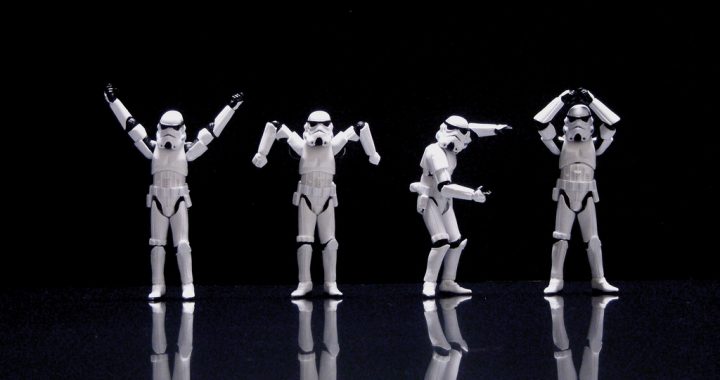Chemistry is the last of our eight characteristics of great teams.
This is the most difficult of the eight characteristics to write about as it’s the one I understand the least. I believe we can teach you how to grow the other seven characteristics
- how to pursue clear vision;
- how to work on your commitment to the vision and to each other;
- how to communicate well;
- how to build trust;
- how to find the right mix of talents and skills,
- how to work to understand yourself and each other,
- and even how to give each other grace;
But number 8, chemistry, is a mysterious characteristic to me. My hope is that in doing the other seven characteristics well, chemistry would fall right into place, but I have to admit that I don’t believe that will always be the case. I don’t know how to ensure that the chemistry between people works.
I believe chemistry on teams is similar to the kind of chemistry that is found, or not found, in couples. I’m sure you’ve all heard of two people who were set up on a blind date who, on paper, seemed to be perfect for each other. They have similar values, both like to read, both like the outdoors, etc.
They enjoyed the first date well enough to have a second and maybe even a third, and then you hear that they decided not to continue the relationship. “Why not?”, you ask. And one of them replies, “We had no chemistry.”
This can be the same with teams. You can have all the right people with a great goal, commitment, communication, trust, talent, understanding, and grace, and yet there is still something lacking. Something that amazing teams have. Your team might be lacking chemistry.
I first thought about the concept of chemistry when I was talking with the COO of a billion dollar company. He shared his ten traits someone would need to have in order to become a VP of that company. He walked through the first nine traits, none of which were surprising: hard work, results, cares about people, etc. Then he shared the tenth. In his own words, “The most important trait of all—I need to like them.”
This one surprised me. I would have thought that liking the person might have been the least important—sort of the icing on the cake rather than the main ingredient of the cake. When I questioned him on this, he told me something along the lines of, “I will spend many hours over many years with this person, and if I don’t like him or her, it won’t work. We need to have a good chemistry.”
This obviously stuck with me. And as such, I’ve started to notice that teams that like each other do better than teams that don’t. Sometimes the other traits can make up for a lack of chemistry, but usually that does not happen.
So as you develop your teams, hire people you think you will like, and then think about what you can do to build chemistry—maybe even take them to a place like Barothy Lodge, share lifelines, and do other experiential activities together.
By the way, I find the timing of this final topic of our series on building great teams very interesting. We determined many weeks ago that I would write about chemistry on this date, and we also determined many weeks ago that Meredith, Jeff, Gerald, and I would spend a full day this week hiking on the Manistee River Trail together. Why would we do that? To build chemistry, of course.
And did I notice the alignment of this topic and our scheduled hike? Not even close. I didn’t connect those dots till this very moment. I love it when a plan comes together—even if I didn’t know it was a plan!
I hope this posting spurs thoughts in you about the team you lead, or are part of, and what you might be able to do to build greater chemistry together. We would also love to hear what insights you have to add to the mix.
Lead well this week!
Rodg
Image by JD Hancock. Used under CC BY 2.0 license.

